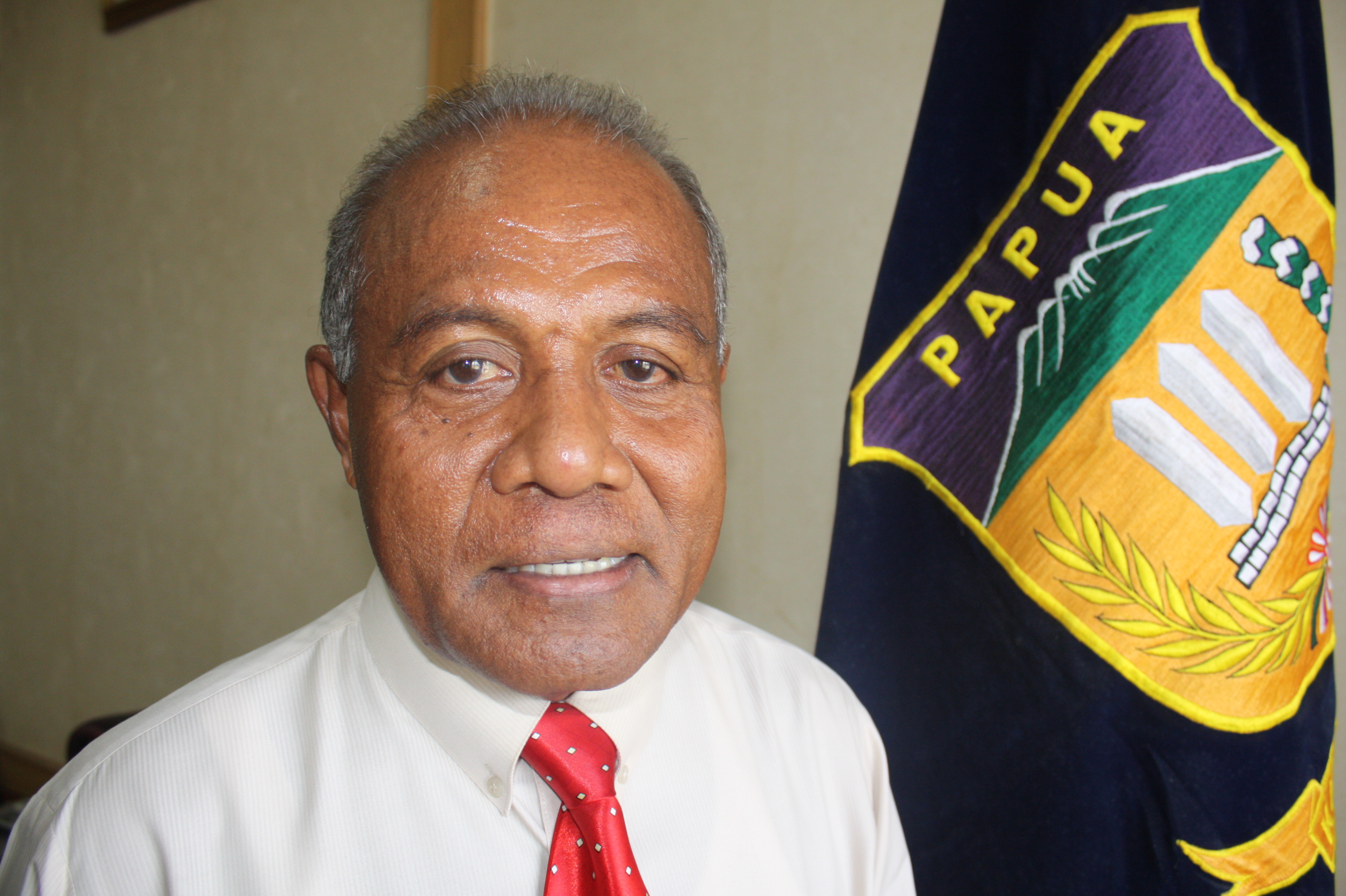"The government does not want to make male circumcision compulsory," Constant Karma, secretary of the Provincial Commission and head of the Provincial AIDS Commission, told IRIN in the provincial capital of Jayapura.
"However, the government is promoting medical male circumcision as part of its reproductive health strategy, which includes HIV."
Only about 5 percent of ethnic Papuans in the region - comprised of Papua and West Papua provinces - are circumcised, against 70 percent of non-Papuans.
According to Indonesia's National AIDS Commission, HIV prevalence in Papua stands at 2.4 percent among 15-49 year-olds, against 0.2 percent in the rest of the country, where male circumcision is commonly practised.
Karma's comments came a week after local media reports cited Jayapura administration officials reporting plans to require all male residents to undergo mandatory circumcision as part of their efforts to curb transmission rates.
"Therefore, the obligatory circumcision will be regulated in 2012 to reduce the spread of HIV/AIDS in Papua," Edison Muabuay, a Jayapura administration official, was quoted as saying on 12 February.
And while Muabuay declined to provide specific details of how such a plan might be enforced, he noted that the Health Department and Regional Public Hospital of Yowar in Jayapura had already been ordered to provide the necessary instruments and supplies for the programme.
Opposition
But making male circumcision mandatory in this predominately Christian area in the far west of the country once colonized by the Dutch would prove controversial.
Most native Papuans associate male circumcision with Islam, the majority religion of most Indonesians.
At the same time, some church officials continue to question its importance in curbing the spread of the HI virus.
"I don't believe male circumcision significantly reduces the risk of HIV," Pastor Sadrak Simbiak, a prominent protestant minister in Manokwari, the provincial capital of West Papua Province, said.
"Instead, people should focus on abstinence and being faithful to their partners."
|
Photo: David Swanson/IRIN |
| Only around 5 percent of ethnic Papuans are circumcised |
"Male circumcision is not just for Muslim people and people in Papua are slowly accepting this," he said, noting that before the arrival of the Dutch, male circumcision was part of the indigenous culture.
"People now want to be circumcised, particularly in urban areas; however, the challenge now is ensuring that it can be undertaken safely," he said.
Of Papua's eight hospitals, only three are equipped to carry out the procedure, while about 80 percent of the province's 2.3 million indigenous people live in rural areas.
Most Papuans continue to receive their primary healthcare in community health centres (Puskesmas) where such services are not available.
Major challenge
According to a 2006 Integrated Biological and Behavioural Surveillance (IBBS) of Papua, HIV prevalence among Papua's male population is 2.9 percent, while prevalence among the female population was 1.9 percent.
The highest prevalence was found in hard-to-access lowlands areas, at 3.2 percent, followed by highlands areas at 2.9 percent. The lowest HIV prevalence was found in easily accessible lowlands, at 1.8 percent.
Significantly, HIV prevalence among ethnic Papuans in Papua is almost twice as high as prevalence among non-ethnic Papuans, at 2.8 percent, compared with 1.5 percent.
Moreover, prevalence among residents who had multiple partners and were circumcised was 1 percent, while among those who were not circumcised it was significantly higher at 5.6 percent, the report said.
According to the World Health Organization (WHO) male circumcision performed by trained professionals in a sterile environment can reduce the risk of heterosexually acquired HIV in men by some 60 percent.
ds/mw
This article was produced by IRIN News while it was part of the United Nations Office for the Coordination of Humanitarian Affairs. Please send queries on copyright or liability to the UN. For more information: https://shop.un.org/rights-permissions
